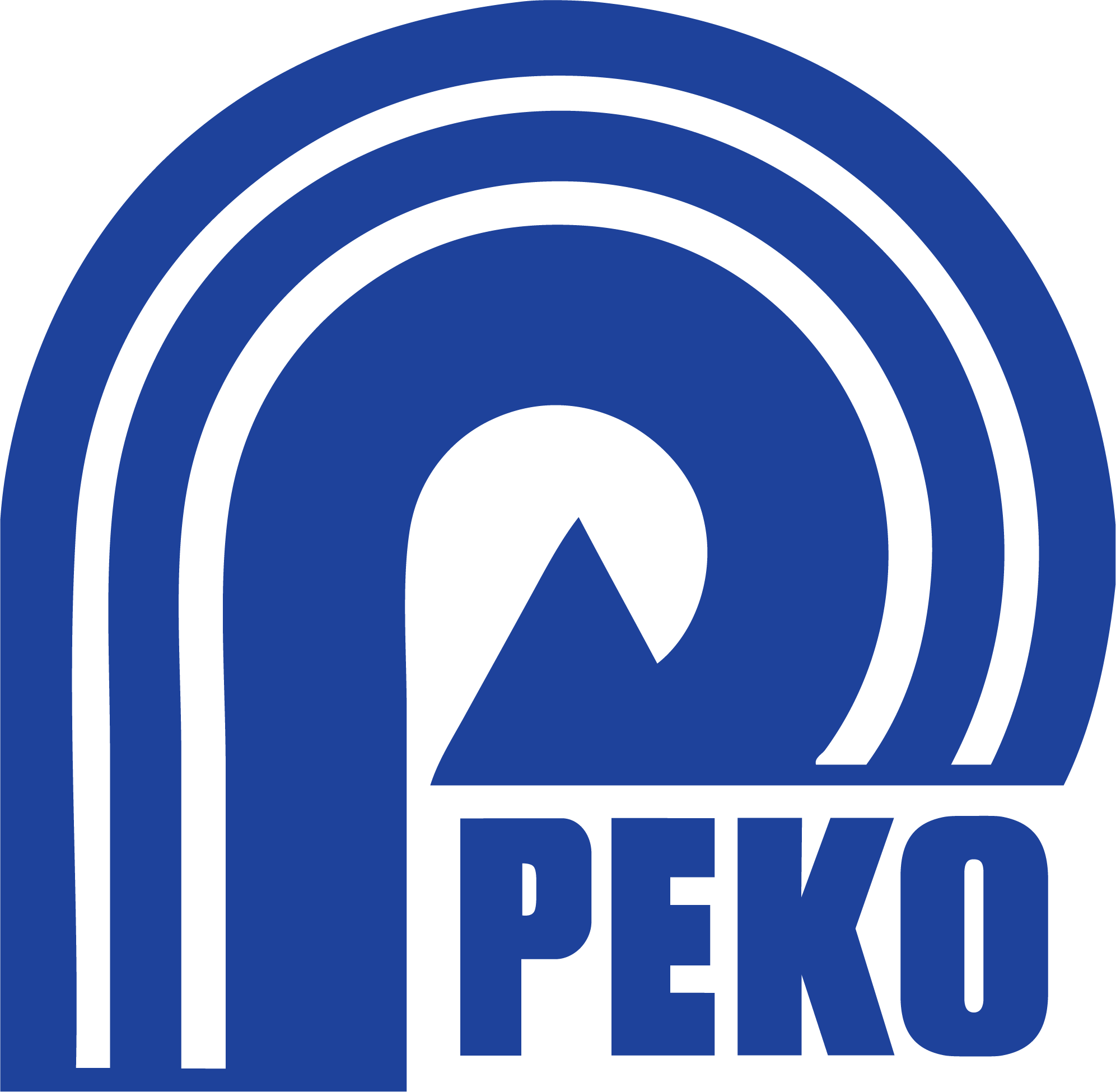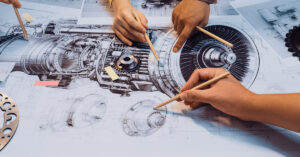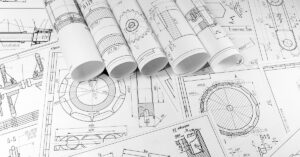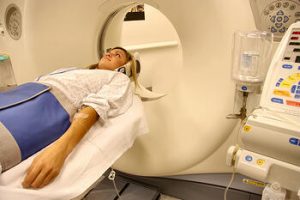
In the world of modern machine shops that cater to various industries, the medical sector stands out as one with incredibly high demands for attention to detail. From unique capability requirements like clean rooms and multi-axis machines to stringent regulatory demands, medical original equipment manufacturers (OEMs) must carefully select machine shops that can produce parts in compliance with prints and paperwork.
Key Features of the Best ISO13485 Machine Shops
To ensure smooth operations and meet these rigorous requirements, it is crucial for ISO13485 machine shops to possess specific characteristics that demonstrate their value as an asset to the medical supply chain. Here, we explore four key aspects that define a top-tier ISO13485 machine shop.
1. Robust Quality Management System
Any high-end precision machine shop must have a Quality Management System (QMS) in place to meet the needs of both the business and its customers. This requirement is particularly crucial for ISO13485 machine shops, which cater to the medical device industry.
The QMS implemented for medical devices should clearly identify processes, control process performance, and continuously monitor and maintain effectiveness to ensure stringent process control. Compliance with regulations such as QSR and CFR 21 can be challenging, but ISO 13485 provides frameworks to address many of these issues.
With a comprehensive QMS in place, the machine shop demonstrates its commitment to maintaining the highest level of product quality, consistency, and traceability throughout the manufacturing process. Implementing and maintaining such a system requires a dedicated effort from the entire organization, fostering a culture that prioritizes quality and compliance throughout all operations.
2. Wide Range of Capabilities
The production of complex medical devices, such as blood analyzing instrumentation, X-ray and CT scanning units, often necessitates low volume runs of highly intricate component parts. A top-tier ISO13485 machine shop must demonstrate a comprehensive range of capabilities to meet these unique challenges.
The ability to handle complex geometries, tight tolerances, and specific materials is essential in delivering precise, reliable, and compliant components. Advanced technologies such as multi-axis machines and clean rooms are just some of the specialized capabilities required for manufacturing medical parts.
Moreover, the efficient processing of stainless steel is crucial for many medical devices, making facilities equipped for this purpose highly sought after. Machine shops certified under ISO13485 and tailored for such precision work are scarce but immensely valuable to the Medical OEMs that rely on them.
3. Senior Management Support
To truly excel in medical manufacturing, an ISO13485 machine shop needs strong senior management support. A successful shop will boast a senior management team that wholeheartedly embraces the ISO13485 methodology and a dedicated workforce ready to champion and uphold the program’s standards.
This support is essential for creating a culture of quality, driving continuous improvement, and fostering a customer-centric mindset throughout the organization. When senior management is actively involved and invested in implementing a viable ISO13485 environment and maintaining medical industry best practices, it sets the tone for the entire shop and ensures that quality and customer satisfaction remain top priorities.
4. Highly Skilled, Competent Staff
While procedures, processes, and systems are essential elements to have in place, having a team of highly skilled and competent individuals to execute the day-to-day functions within the QMS is equally important to the success of an ISO13485 machine shop.
In the medical industry, precision and quality are paramount, making it crucial for the team to be detail-oriented and dedicated to upholding the standards set by ISO13485. These team members must be not only trained but also willing to continuously learn and improve to maintain high standards of quality and meet the evolving needs of the medical sector.
With strict regulations and high stakes involved in manufacturing medical devices, a diligent, well-trained team can make all the difference in ensuring compliance and delivering top-notch products that meet industry requirements.
Ensure Quality Medical Products by Partnering with the Right ISO13485 Machine Shop
In conclusion, a great ISO13485 machine shop for medical manufacturing must encompass these four essential aspects: a robust quality management system, a wide range of capabilities, senior management support, and a competent staff. By selecting a machine shop that exhibits these characteristics, medical OEMs can establish a reliable and efficient supply chain, ensuring the production of high-quality, compliant, and safe medical components.
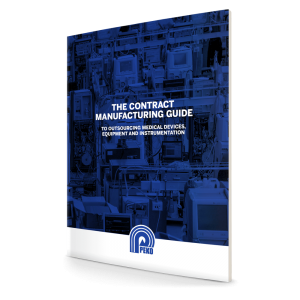 At PEKO, we prioritize these aspects to deliver exceptional service and exceed the expectations of our medical OEM partners. If you’re seeking a dependable partner for your medical manufacturing needs, don’t hesitate to reach out to speak with our experts today.
At PEKO, we prioritize these aspects to deliver exceptional service and exceed the expectations of our medical OEM partners. If you’re seeking a dependable partner for your medical manufacturing needs, don’t hesitate to reach out to speak with our experts today.
For more information on what to look for when choosing a medical contract manufacturing partner, download our checklist by filling out the form below.
